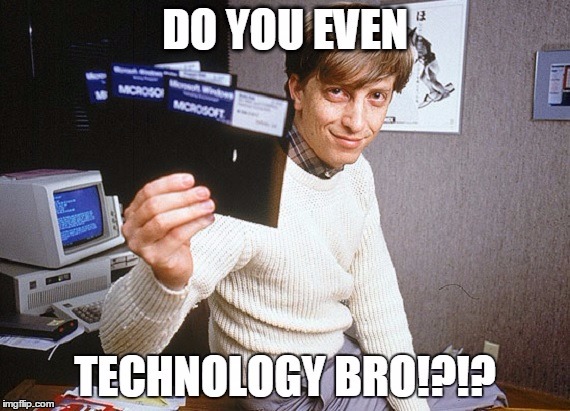From all of the writing that I have done in my days, this class has taught me the most about reading into all the little details of genre. Since I'll be going into Math I'll probably be somewhat limited in the type of genres I'll be seeing from here on out - not to mention the type of writing that I'll be producing. I'm really glad I was able to experience this class and get all those different types of writing out of my system and practice using them. I can take a lot from each genre we delved into, but I would have to say that my most most best favorite one was hands down
THE OP-ED
It was so much fun to read the different Op-Eds out there and even more fun to write about.
The thing I like about Op-Eds is that they are more in line with what happens in the real world and how two people would have discussions or arguments. There's something about them that makes you want to listen to them, even if they're completely in contrast to what you think.
The best article I've ever read in any class..ever...was the Op-Ed "Liberals are the Sort of People Who...", and you know what? I know that'll remain the best thing I'll ever read in class because it stands out against everything I've ever been taught about writing;
- don't offend people, try to communicate your argument without being insensitive
- back up everything with facts
- never use an opinion
- do not generalize
- have a clear beginning, middle, and end
- prove your point
Op-Eds are a great way to stay current on the conflicts that are happening while still having the option of stepping back to view the strong opinions of people who felt passionate enough about the topic to put pen to paper. You don't have to agree with them. You don't have to even have prior knowledge on what they are talking about. If it sparks an idea in your head or gives you something to think about that you normally wouldn't, then an Op-Ed has done its job.







